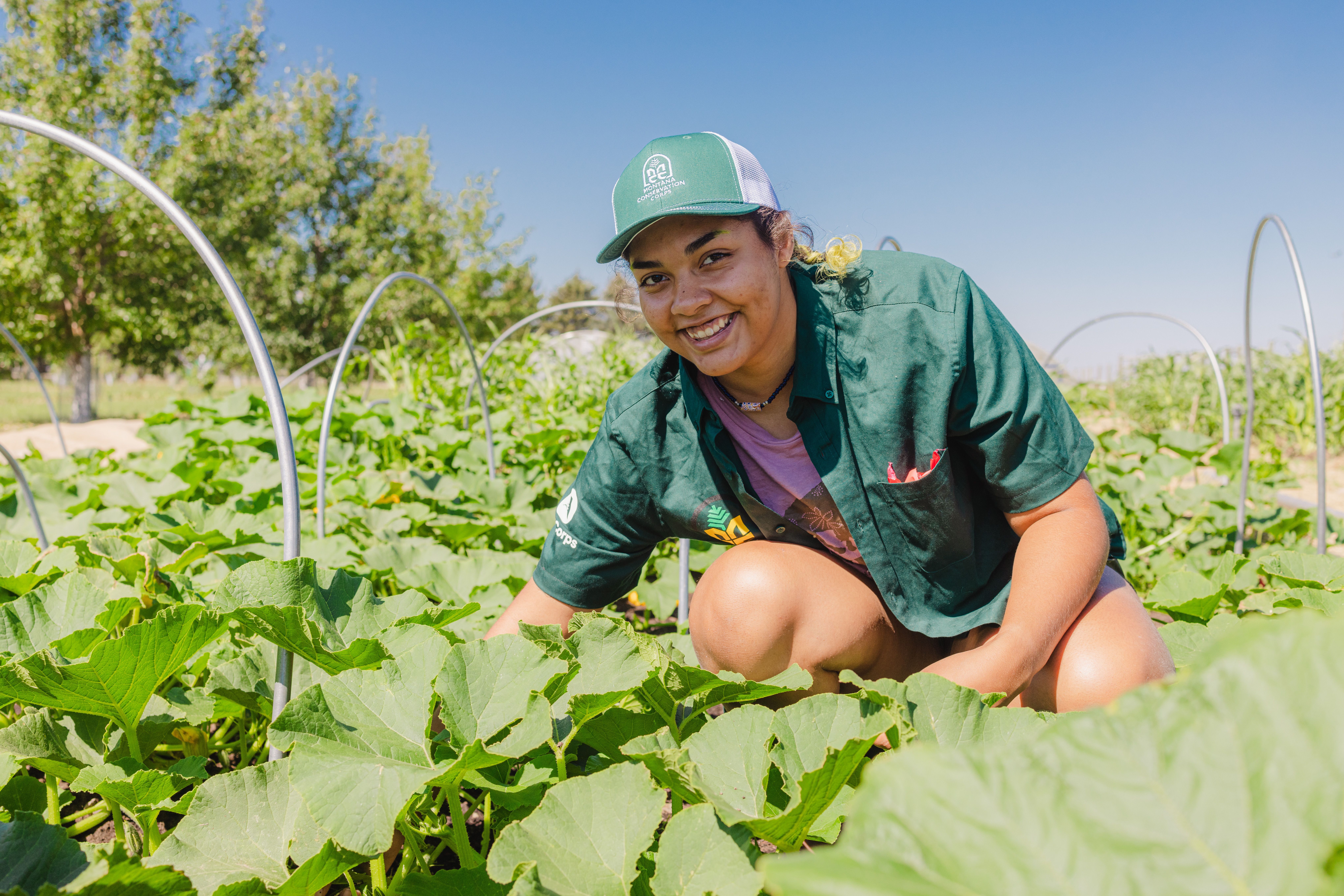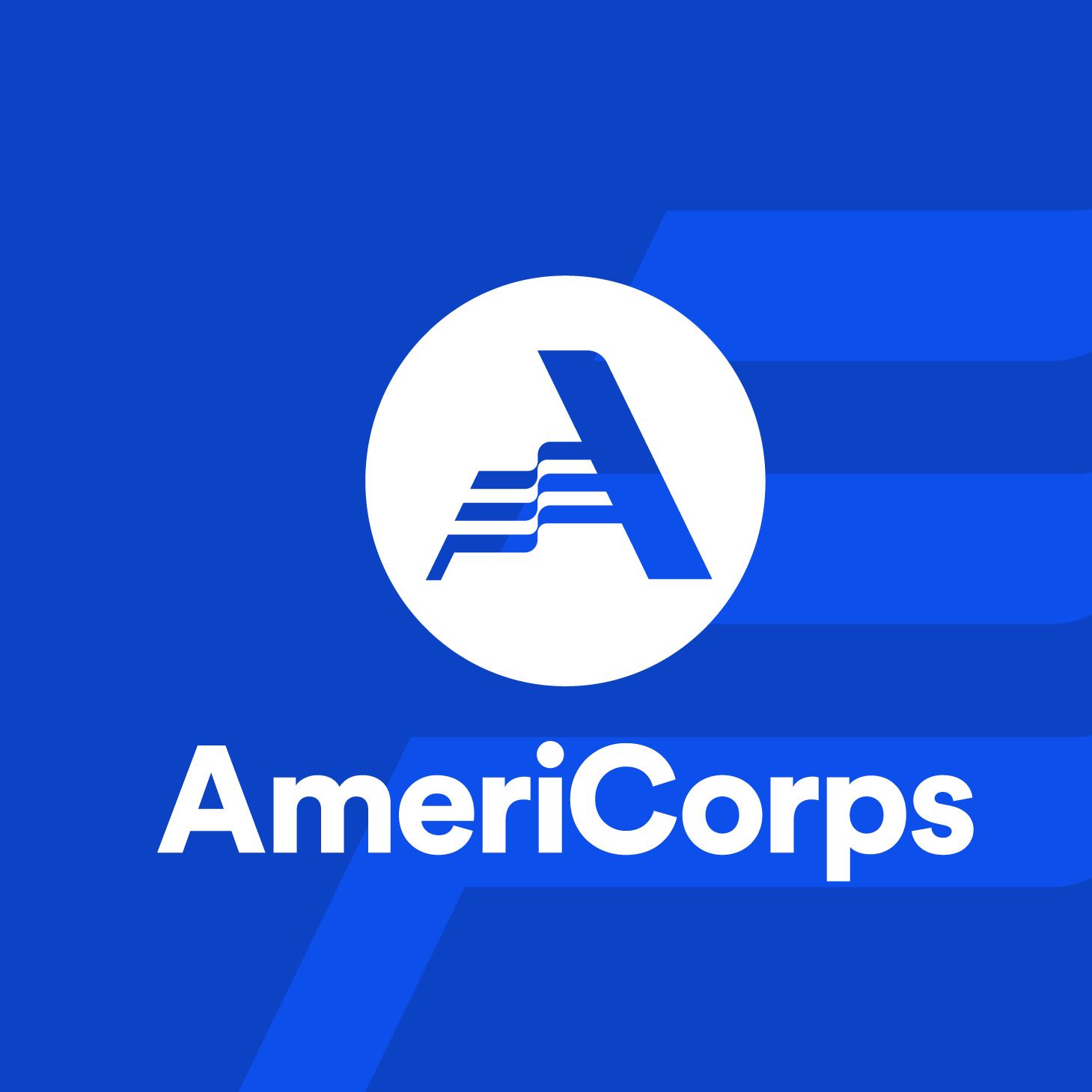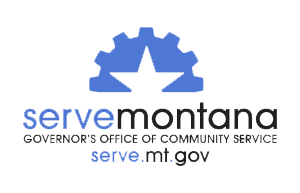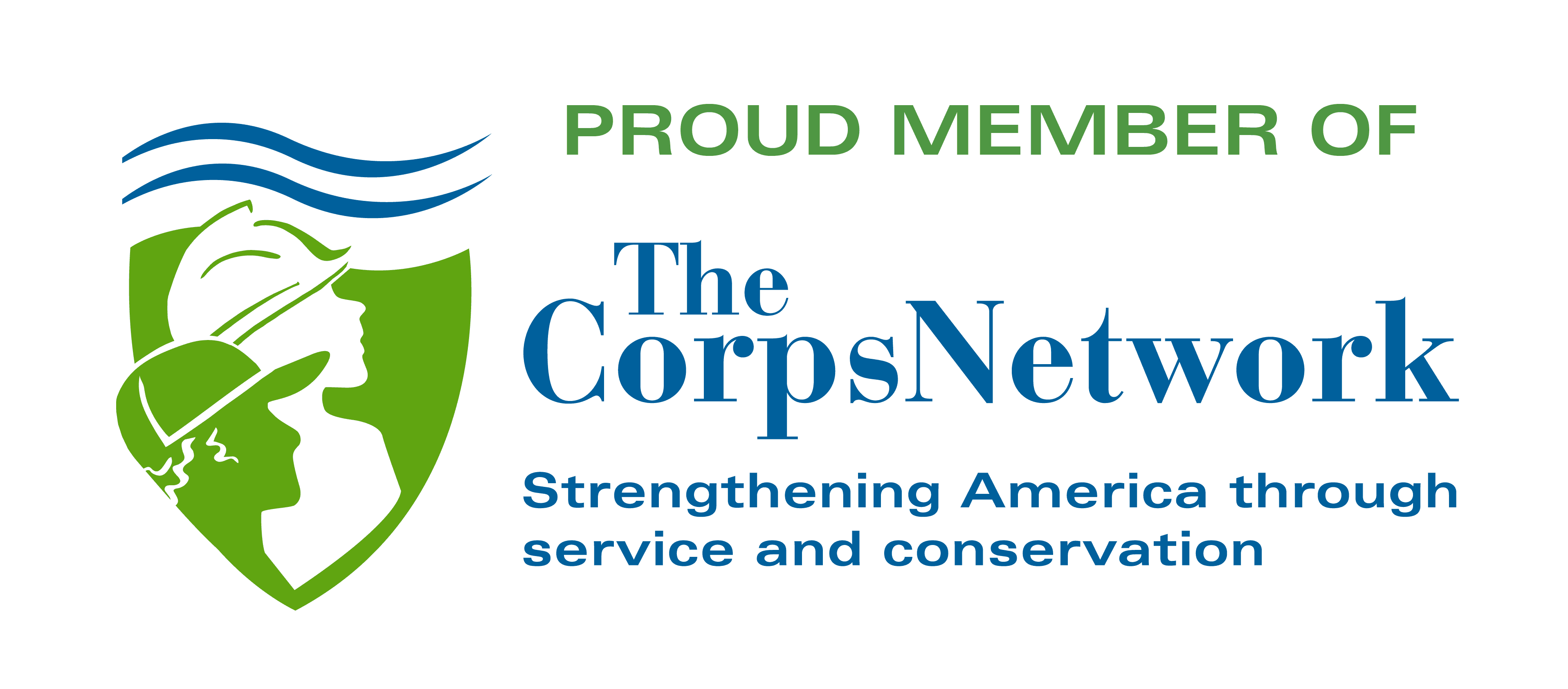
As large squash leaves wave in the breeze under a bluebird sky, Cora crouches between the rows to slowly hand-pollinate the bright orange blooms. The sun beats down on her green MCC shirt, and dirt crusts her knees and under her fingernails. When she signed up for a term with MCC, she wasn’t expecting to spend her days gardening. But here among the dirt, leaves, and open sky, she has found her calling.
This summer, Cora served as an MCC Conservation Fellow hosted by the Native Land Project of Montana State University (MSU). Her position was focused on strengthening indigenous food sovereignty, which is, “the right to healthy and culturally appropriate food produced through ecologically sound and sustainable methods,” according to MSU’s Buffalo Nations Food Systems Initiative. One of Cora’s tribes, the Northern Paiute in California, lives in a food desert with the nearest grocery store 2 hours away. Cora planned to graduate and open a grocery store when she heard about the Fellowship. “I hadn’t considered food sovereignty could include agriculture. I wondered how I could bring those practices back to my tribe. That’s a benefit of the Conservation Fellow positions, you really get to explore interests you might not have been exposed to otherwise,” she said.
On any given day, Cora found herself planning or maintaining one of five plots throughout the Gallatin Valley. Each plot focused on distinct native plants and traditional cultivation techniques. On other days, she’d learn about indigenous farming tools, create educational pamphlets, coordinate projects on Excel, or learn about preserving techniques. “One of the biggest skills I did not expect to gain was public speaking. I got comfortable sharing what we do and why we do it,” Cora said. Throughout it all, there was an emphasis on building relationships and connecting with other native people doing similar work.
While serving with MCC and The Native Lands Project, Cora was able to learn more about her heritage and solidify her future goals. “As an indigenous person, I really wanted to connect with that side of myself. That’s what a lot of working on these projects was: personal growth, and reconnecting to the land and to yourself,” she reflected. Her new career goal is to bring these practices back to her tribe, implement them, and combat food scarcity. “Doing this Fellowship really solidified what path I want to go down and helped me gain experience in the field. Now I am well-versed in what I want to do. I can explain what food sovereignty is to my tribe because I have a background in it.”
The close relationship between MCC and the host-site supervisor, Kristen, is what makes this position so impactful and engaging. “She has gotten to know MCC and how we support members, and is always eager to do more,” MCC’s Individual Placement Program Manager Mitch Lassa shared. Working with MCC allows the Native Land Project to increase organizational capacity, and have additional help handling the logistics of hiring and supporting members. “One of the ways we support members is by setting aside time with them to map out potential career or educational pathways. It’s helpful for them to have a dedicated space to discuss their professional development goals and receive affirmation,” Senior Individual Placement Program Coordinator Olivia Regnier added.
This summer, Cora wasn’t just sowing the seeds of corn, squash, beans, and tomatoes. She was sowing seeds that sustain native cultures and communities. Further, she was sowing the seeds of her career, and of knowledge to bring back to her tribe. Hands deep in the rich soil, she found a connection to the native people that farmed this land for time immemorial, to her own indigenous roots, and to her future.

![[Image Description: Two MCC members are walking away on a rocky trail, carrying their packs, surrounded by burnt orange bushes. Through the haze in the background, there are a multitude of mountains, overlapping one another.]](https://cdn.firespring.com/images/7ba12407-5e3a-41c1-b4b4-f00aac9d37a1.jpg)




